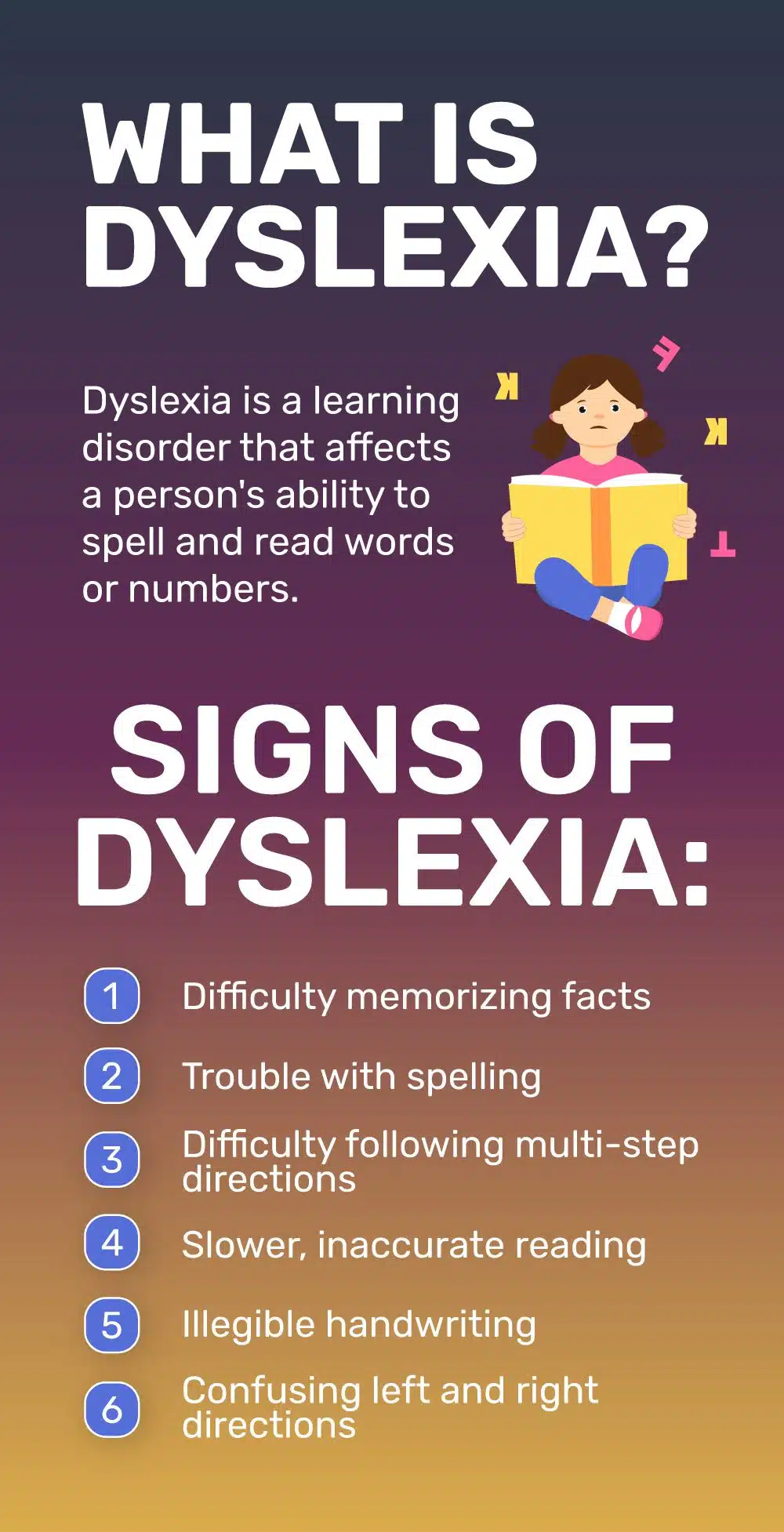Autosomal recessive disorders can present with various symptoms that vary widely depending on the specific condition. Understanding these symptoms can help parents recognize potential signs and seek appropriate support. Here is a brief overview:
- Physical manifestations: Some autosomal recessive disorders may have physical symptoms such as developmental delays, abnormalities in facial features, muscle weakness, or organ dysfunction.
- Intellectual or cognitive challenges: Certain conditions may be associated with learning difficulties, intellectual disabilities, or delays in reaching developmental milestones.
- Sensory sensitivities: Individuals with autosomal recessive disorders might have heightened or reduced sensitivity to stimuli, including sound, light, touch, or taste.
- Behavioral or emotional differences: Some individuals may exhibit behavioral or emotional challenges, including difficulties with social interaction, communication, or regulating their emotions.
- Medical complications: Certain autosomal recessive disorders can predispose individuals to specific medical conditions or increase their risk for certain health issues.
Remember that these symptoms can vary significantly depending on the specific disorder and individual. Not all individuals with autosomal recessive disorders will exhibit the same symptoms; the severity can also vary. Goally, a tablet-based tool, supports children with autosomal recessive disorders by offering interactive apps for language skills, daily routines, emotional regulation, executive functioning, and social skills training.
Editor’s note: This information is not meant to diagnose or treat and should not take the place of personal consultation, as needed, with a qualified healthcare provider and/or BCBA.
This post was originally published on June 1, 2023. It was updated on July 14, 2023.












